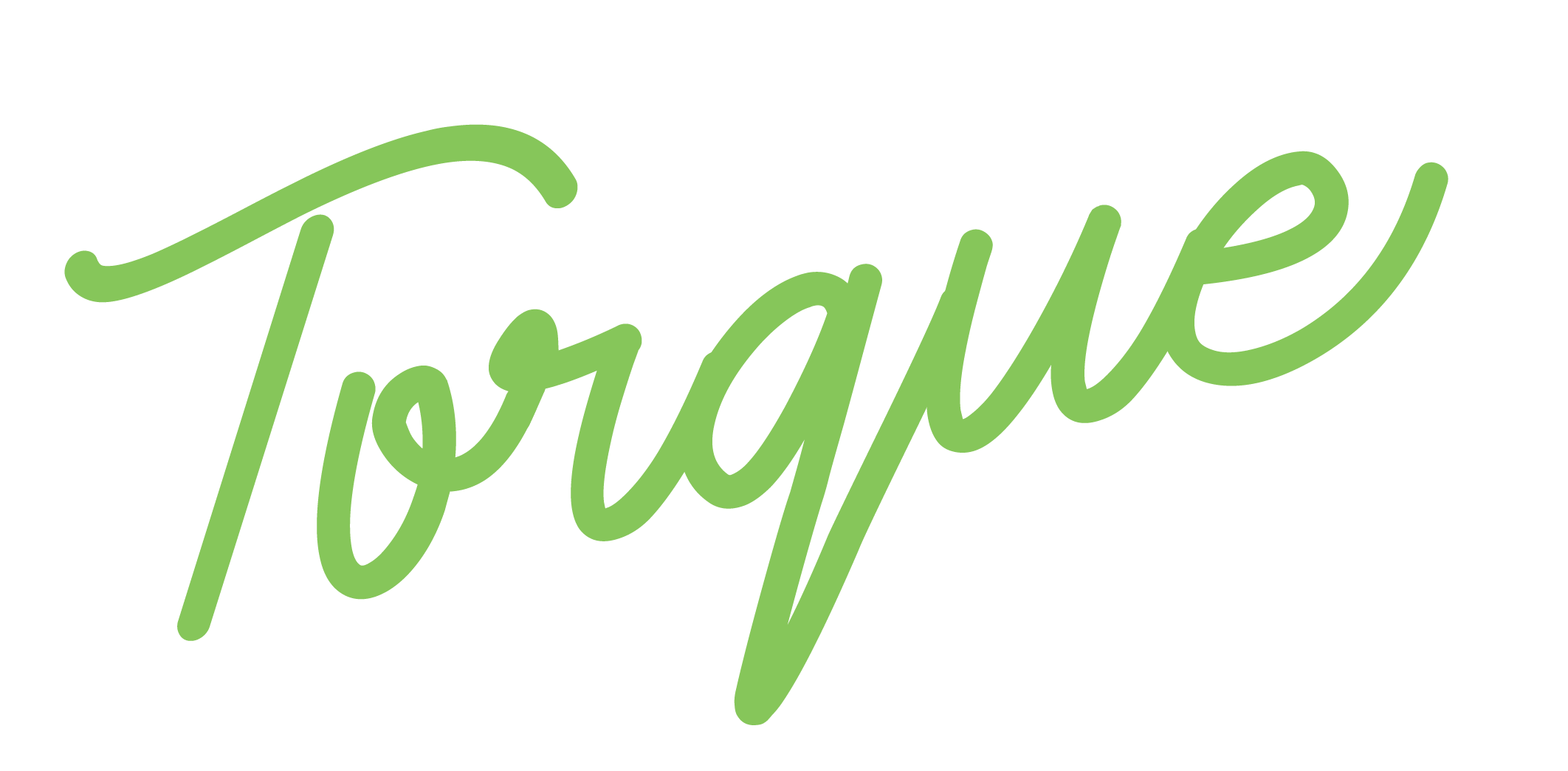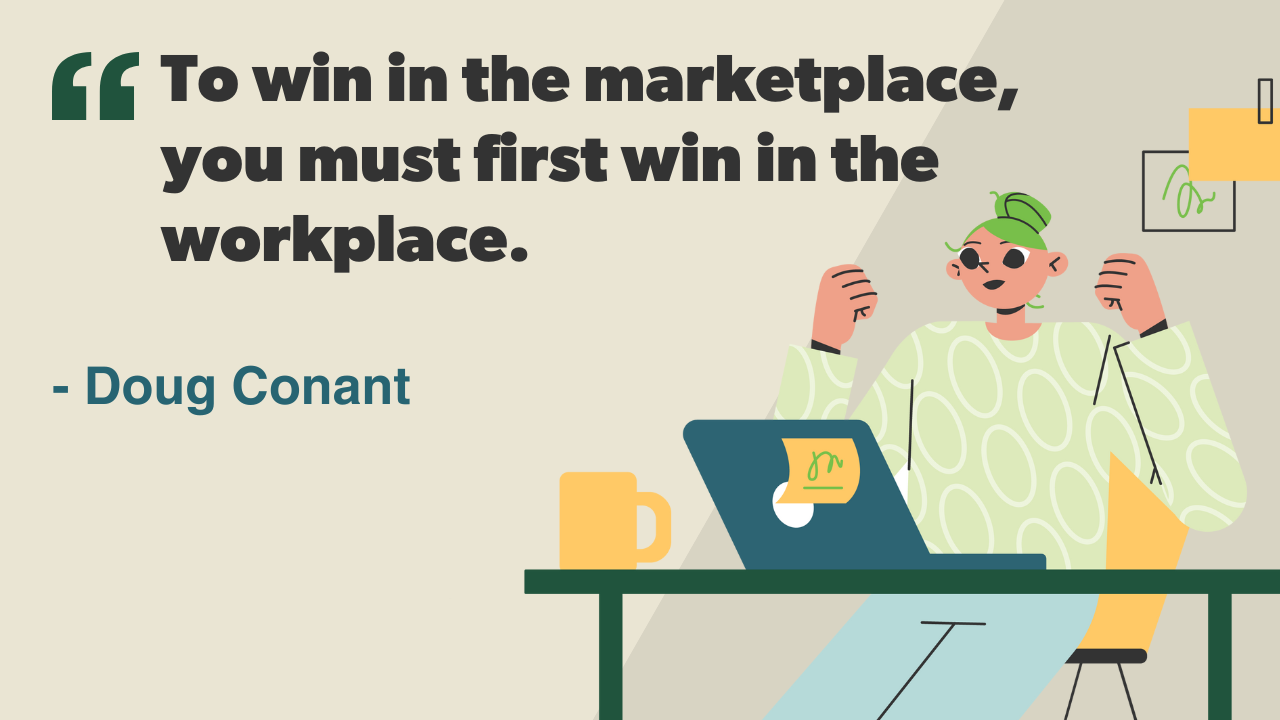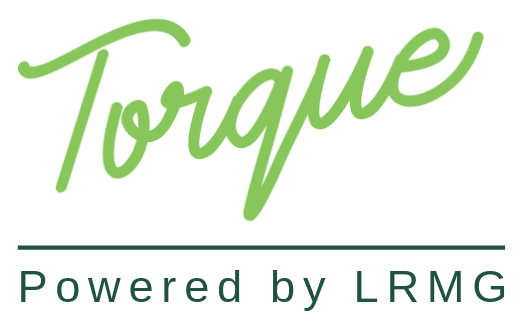
Work It, Baby! A Culture for 2020-Thrive
Jan 20
/
Hannelie Pretorius

A new year brings new hopes, fresh ambitions, and the inevitable flood of resolutions. For companies, it’s a chance to pause, reflect, and ask the hard questions: Who are we, really? What do we stand for? And how are we showing up for our people? These aren’t just feel-good introspections—they’re the very foundation of culture.
Culture isn’t just the backdrop to your workplace; it’s the invisible force that shapes every interaction, decision, and outcome. It’s what makes people excited to walk through your (virtual or physical) doors—or dread every email that lands in their inbox. And in 2025, the stakes are higher. Employees are no longer tolerating performative values, blurred boundaries, or rigid systems that leave them drained and disengaged. This is the year to take culture seriously—not as a “nice-to-have” but as the critical driver of your company’s success.
Here’s how culture is evolving in 2025, what’s driving the change, and why it matters more than ever.
Work Hard, But Log Off
The glorification of the hustle is dead. Employees have had enough of being “always on,” and they’re finally embracing boundaries that protect their personal time. Around the globe, policies like the “right to disconnect” are gaining traction, and organisations that ignore this shift are feeling the pinch.
This isn’t just about mental health (though that’s a big part of it); it’s about productivity, too. When employees are given space to recharge guilt-free, they show up more energised and engaged. But too many organisations are stuck in the old mindset that equates long hours with hard work. Let’s be clear: if your culture still glorifies busyness over balance, your talent won’t stick around to see 2026.
This isn’t just about mental health (though that’s a big part of it); it’s about productivity, too. When employees are given space to recharge guilt-free, they show up more energised and engaged. But too many organisations are stuck in the old mindset that equates long hours with hard work. Let’s be clear: if your culture still glorifies busyness over balance, your talent won’t stick around to see 2026.
Diversity is a Verb, Not a Buzzword
Diversity, Equity, Inclusion, and Belonging (DEIB) has been a buzzword for years, but 2025 demands more than empty slogans. Employees, especially younger generations, are calling out organisations that treat DEIB like a PR exercise rather than a genuine commitment.
True DEIB requires more than training sessions and annual reports. It starts with leadership alignment—because if the people at the top aren’t living these values, no one else will. It also means listening deeply to your employees, addressing generational divides, and actively creating spaces where everyone feels valued. Performative efforts are easy to spot, and the fallout can be brutal. But when done right, DEIB transforms culture from the inside out, boosting engagement and retention along the way.
Energy is the New Currency
Forget clocking in and out. In 2025, the smartest organisations are shifting their focus from hours worked to energy invested. Why? Because it’s not about how long you’re at your desk—it’s about how energised, creative, and productive you are while you’re there.
This doesn’t happen by accident. Companies are learning to prioritise human energy cycles, offering flexibility that lets employees work when they’re at their best. Whether it’s rethinking meeting schedules, embracing remote work, or simply encouraging proper breaks, managing energy—not time—is becoming the hallmark of high-performing cultures.
Your Culture is Already Public
Your employer brand isn’t what you say it is—it’s what employees say when you’re not in the room. Platforms like Glassdoor and LinkedIn have made workplace cultures more transparent than ever, and employees aren’t afraid to call out what isn’t working.
In 2025, authenticity is the name of the game. If you’re masking a toxic environment with glossy marketing campaigns, people will notice. The companies that win in this space are the ones that own their challenges, celebrate their progress, and use real employee voices to tell their story. Transparency builds trust, and trust builds the kind of employer brand that attracts (and keeps) top talent.
In 2025, authenticity is the name of the game. If you’re masking a toxic environment with glossy marketing campaigns, people will notice. The companies that win in this space are the ones that own their challenges, celebrate their progress, and use real employee voices to tell their story. Transparency builds trust, and trust builds the kind of employer brand that attracts (and keeps) top talent.
Happy Teams, Happy Customers
The debate between Employee Experience (EX) and Customer Experience (CX) is over—it’s a tie. Empowered employees drive better CX, and companies ignoring this connection are losing on both fronts.
This year, the focus is shifting toward empowered employees. Whether it’s through better training, clearer communication, or more autonomy, businesses are recognising that their people are the secret to great CX. It’s a simple equation: when employees feel valued and supported, they show up for customers in ways that elevate your brand and your bottom line.
This year, the focus is shifting toward empowered employees. Whether it’s through better training, clearer communication, or more autonomy, businesses are recognising that their people are the secret to great CX. It’s a simple equation: when employees feel valued and supported, they show up for customers in ways that elevate your brand and your bottom line.
Gen Z Won’t Settle
Gen Z isn’t here to play by the old rules. They want their workplace values to align with their personal ones, and they’re not afraid to walk away if they don’t. For this generation, work isn’t just about pay—it’s about purpose, too.
This shift is forcing organisations to take a hard look at their policies on sustainability, social justice, and inclusivity. Are they genuine, or just lip service? The answer matters more than ever because, in 2025, your values aren’t just a recruitment tool—they’re the reason employees stay.
This shift is forcing organisations to take a hard look at their policies on sustainability, social justice, and inclusivity. Are they genuine, or just lip service? The answer matters more than ever because, in 2025, your values aren’t just a recruitment tool—they’re the reason employees stay.
Remote Work Isn’t a Perk—It’s a Right
The remote work revolution may have started as a necessity, but it’s now a non-negotiable for many employees. While some companies are still trying to force people back to the office, the savviest ones are embracing flexibility as a competitive advantage.
But remote work isn’t without its challenges. Fairness, team cohesion, and inclusivity are harder to maintain when people aren’t in the same room. That’s why 2025 is the year to refine your hybrid policies, invest in better tools, and create a culture that works for everyone—whether they’re at home, in the office, or somewhere in between.
Culture is Everything
At the end of the day, culture isn’t just what you say you stand for—it’s what you show your people every single day. In 2025, the best cultures will be the ones that are flexible, authentic, and deeply aligned with their employees’ values.
So, here’s to the companies that are brave enough to get it right. Let’s make this the year of building workplaces that energise, inspire, and connect. Your people deserve nothing less—and neither does your future.


